David: When I first talked with David Howse, the first thing he asked was, “I need to know that this is the timeline and it’s not going to change.” And I committed to that happily, not knowing what challenges were ahead. But once we had made that commitment to each other, that’s what we did. And I think, ultimately, ArtsEmerson’s very ready, and it’s a happy leaving. It’s not fraught in any way. But it does kind of put me in... I’m going out in a weird limbo.
Martin: Yeah, it’s the same for me. But I’m also leaving in a happy way, it’s my decision, I want to be engaged in something new. I knew it was the end of my cycle. I completed eight years as artistic advisor and seven years of co-executive director and artistic director. I was peaceful with that.
David: Are there projects that you’re heading to or are you going straight to freelance?
Martin: If things were normal, I would have had time ask the arts council for projects to be subsidized, but I don’t have time now. I refused one teaching proposition for next fall because, for me, it made no sense to teach young people about the future now.
David: I’m going on to another project, but I had the same thought about teaching. I’m excited by the people who are excited about the opportunities now, but I’m not inspired to make work that points towards the future of performance. I feel that’s another generation’s work. It’s their moment, in a way.
Martin: Strange moment, but their moment. We are living in an economic crisis, a values crisis. Everything is shifting, and it’s strange that it’s the right moment to quit because someone new will think about what’s next. I don’t know exactly which way the festival should go for the next few years. And I’m not the person to see what’s next.
We are living in an economic crisis, a values crisis. Everything is shifting, and it’s strange that it’s the right moment to quit because someone new will think about what’s next.
David: I’ve been having this conversation with a number of elders in the field who have been challenged to be optimistic or excited or even feel drawn to the changes you’re talking about. There’s a kind of resistance, a desire to go back to “normal,” which I put in quotes, because I don’t think that’s realistic. I have a feeling that if you’re not on fire for the next moment, it’s not your moment and you need to make space for the person who is on fire. We need to make space for that kind of brilliant confidence to come in and say, “No, this is the future and it’s better. I see it. I’m taking us there.” We can’t stand in the way of it.
As the transition was happening, I felt clearer and clearer that it was time for me to get out of the way of what’s next, support it, and set the institution up to succeed in the transition. But not to define it, because that’s other people’s to do. I feel it especially as a cis, straight, white man of a certain age. We’ve had the mic for a long time and something else is calling. No matter how big an ally I am, I’m still me. You and I have talked about this in the past, this sort of balance between the artistic responsibility and the activist responsibility, and I was wondering where you were on that now given where the culture has gone.
Martin: The balance between activism and aesthetic is very delicate. For me, the Festival TransAmériques is, first, an artistic festival. And contemporary. It’s important to say we have to speak in a contemporary, aesthetic language. So someone is from another field, or is marginalized. Okay. Where is the artist in them? What does the artist have to say? And does that artist say it in an exciting way, or in a social way?
I’m not a social worker or a politician. There is a bit of sociologist in me, or a strange mix of activist/politician, but above all, I am an artistic director. So my job is to look everywhere in Montreal or in Quebec, Canada and abroad, and at who’s next as artists. It’s not easy because there’s a mix of anxiety, of emergency, to be in a public space. Is the stage the only way to be in the public space? Is the stage the most valuable place to be? Now it’s not easy for me to say. I’m not sure. The white man that I am (whenever I want or not) sometimes says, “I don’t think the show is good. I don’t think you’re a good artist.” It’s a bit taboo to say that. It’s a bit heavy.
David: Yeah. I understand the limitations of my own gaze on it. When I say, “Oh, you’re a good artist. This work translates. I understand it, I want to put that on stage because it’s ready for the public space and it’s necessary,” I’m bringing with me a whole bunch of assumptions that are based in all of the time I’ve spent, all the travel I’ve done, all of the rehearsal I’ve done, and it’s led me to my own set of what I have to admit at the end of the day are just my opinions. That’s part of what it was for me about the leaving: Have my opinions been helpful in my capacity to build an institution or to build an audience? Do my opinions still lead to making a relevant offering to the communities I am working in? I’m successful there and I know that and am confident with that, but I also have to accept that my particular gaze is personal, and it’s maybe not the gaze that’s needed for the next step in ArtsEmerson’s evolution.
No matter how much I might say I’m going to keep up the same sense of commitment to the art and its impact in the city, I am not going to be, ever, a person who can see outside myself what might also be art, what might also be necessary, and what might also be the future, that’s not necessarily speaking to, for, or through me. So I felt really confident about leaving but, like you, always uncomfortable with that sense that, well, there is art, and there is activism, and there is such a thing as rigor, and there is such a thing as urgency to be heard, like representation or visibility. All of those things are true, but somewhere in there, there’s art. And I’m calling these things that.
Part of my leaving was, ultimately, feeling like I have said enough. In thirty years, I’ve said this is art. I’ve defined it for myself and that’s defined it for others. So it was time to say, “Someone else take the mic. I want to see what you have to say.”
In thirty years, I’ve said this is art. I’ve defined it for myself and that’s defined it for others. So it was time to say, “Someone else take the mic. I want to see what you have to say.”
Martin: I hope for the next six months I just look at art for myself, just to see what is going on. Because no, it’s not easy to change a gaze. It’s not easy to discover, you have to either go or not go, you have to choose. And if you’re not going, it could means you’re against something. I want to see a lot of fringe, small shows and new artists, without the weight of judgment. And to see what I’ll discover in a free way. It’s exciting because if I like it or don’t, it won’t have any impact on anything.
David: That’s a small thing that people don’t really factor into these kinds of roles. I hadn’t really thought about that. It’ll be the first time in thirty-plus years where I can go to the theatre without any sense of obligation toward it.
Martin: Yeah. I have nothing to buy. I have nothing to sell. I have nothing to promote. I have nothing to promise. I have nothing to do. Only to see and to look at.
David: What would you say to people who are trying to figure out if it’s time to leave? What did you find important for the organization or for yourself about what you did over the last eighteen months?
Martin: The first thing is to be peaceful with yourself. If you don’t leave in a crisis, it’s a time just to be peaceful. I say that but it’s not easy for me because I doubt. Sometimes I tell myself, Martin, you’re leaving the biggest dance theatre festival in Canada. Is it a mistake? What will be the next challenge? But I know it’s the right decision.
David: Did people’s jobs or any of the staff structure change as a result of you leaving, or is the structure of the festival the same and they’re able to replace one person?
Martin: I had a long conversation with David Lavoie, my co-executive director and the festival’s administrative director, because I am co-executive director and artistic director. I told David if we have a new person, it’s too much work to be both. So the structure is changed. For the next year, David will be the only executive director, and after a year they will nominate the artistic director to become co-executive director. It will be a two-step nomination. But for the rest of the team, nothing has changed.
David: David Howse and I have been co-leaders of the organization, 100 percent shared leadership. But I came into the organization as the director of artistic programs when the founder, Rob Orchard, was still running it. I reported to Rob. Now that I’m leaving, we decided ArtsEmerson should go back to that structure and then David can decide at whatever point he feels comfortable to return to the shared leadership structure. It’s too hard to hire a co-equal partner right off the bat and know that’s going to work.
Martin: If it’s too soon, the next artistic director will suffocate. It will be too heavy.
David: Or that sense of shared vision hasn’t developed yet and you’ll start going in different directions. What’s worked for us is that David and I have 100 percent shared values and vision for the organization, so we can make shared decisions easily, but it’s unusual to find that level of collaboration in a search process.
Martin: It took almost two years for us to be on the same page. My David is fifteen years younger than me and is coming from the fringe scene. For the first two years, sometimes it was a bit harsh to say to each other, “No, I don’t agree. No, it’s not the way I think we have to deal with this or that.” So it took two years, but over that two years, we wrote a strategic plan. And after that, it was the beginning of the easy way to work. It’s not easy to build something like that with a new person. We have to be patient.
David: How’s your team doing with all the transition?
Martin: People in the artistic department, they’re sad. They’re a bit anxious. Because they know I am in the path of Marie-Hélène Falcon, the founder, I succeeded her. I’m the youngest of a kind of old school, and they know it will be quite different. They’re wondering will it be okay with the next artistic director? Will we share the same vision of things? The way of working together?
David: We’ve worked hard on developing a culture of shared values where everyone can speak the language of the organization and understands what part they’re playing in accomplishing its mission and the values. Part of why I felt it was okay to leave was because the organization feels complete now, it can absorb whatever shock is created when I go.
I’m curious to see what happens after the hire. It feels to me that if the hire’s right, it will only amplify why everyone is there. I think the hiring process will be about finding the right fit for everybody and not just hiring a new vision that is exciting. We don’t have a board, so the current staff will be very close to that process.
Something I would say to anybody coming into this kind of role now is that you’re building a narrative that is structured over years and to not be in a rush for people to see the full story.
Martin: Do you fear the next person will destroy something or will spoil something?
David: I don’t have that fear. I have a different fear, and that is because we sit inside of Emerson College, so we report to the president of the college, Lee Pelton. Lee has been there as long as I’ve been there and just announced his plans to move on. We exist, we have freedom, because of his sponsorship, advocacy, and clarity about the role of the professional arts in the campus setting. What it does for the city, what it does for the students. He’s very, very clear on why ArtsEmerson is at the college. And if the next hire in his position lacks that same sense of clarity or commitment, then it’ll be a different story, I think.
David and I were working hard to make sure that enough of the College’s trustees and the rest of the college administration understood us and could hold some weight with us if we needed it. That we had donors and funders around us who could support the organization so it wasn’t a financial drain on the institution, and that we had standing in the community for our art. We’ve been trying to make ArtsEmerson inevitable in the city of Boston, just like the Boston Ballet and the Boston Symphony Orchestra. No one will let the ballet or the symphony go down. We tried to move ArtsEmerson into that position so that it’s not all dependent on that single leader at the top.
You know, part of how I knew it was time to leave is because I am a director and I have had the experience of creating a show and then going to every performance, giving notes, and creating a mess of something that was beautiful. I knew we had reached the opening night of ArtsEmerson, and it was time for me to stop giving notes. I have a great ensemble. They are soaring in their roles. All they need is for me to leave the room and stop giving directions.

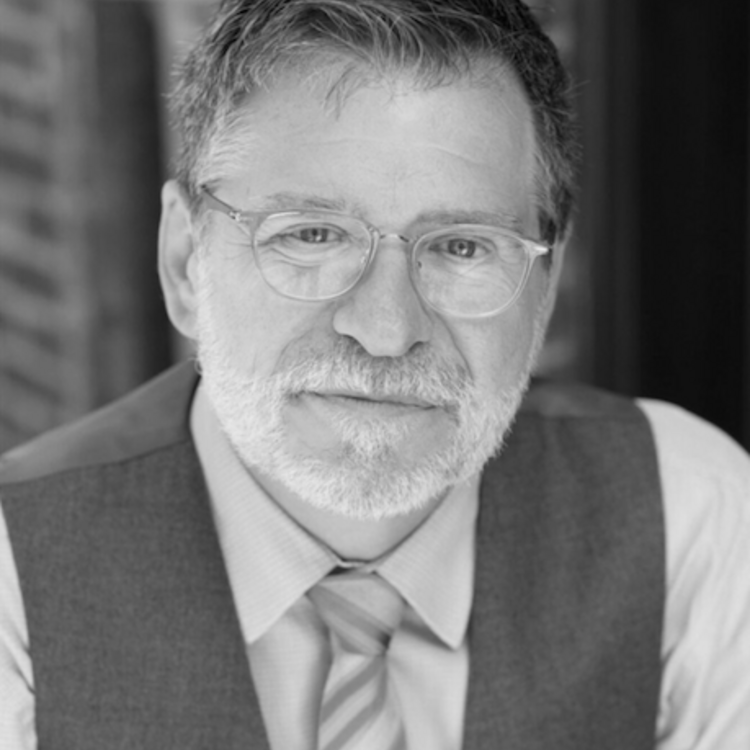
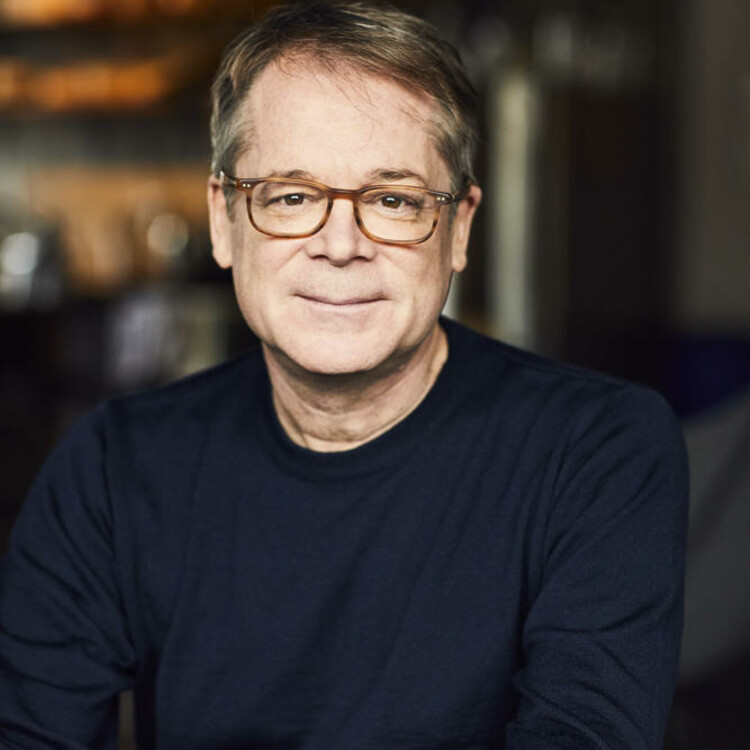
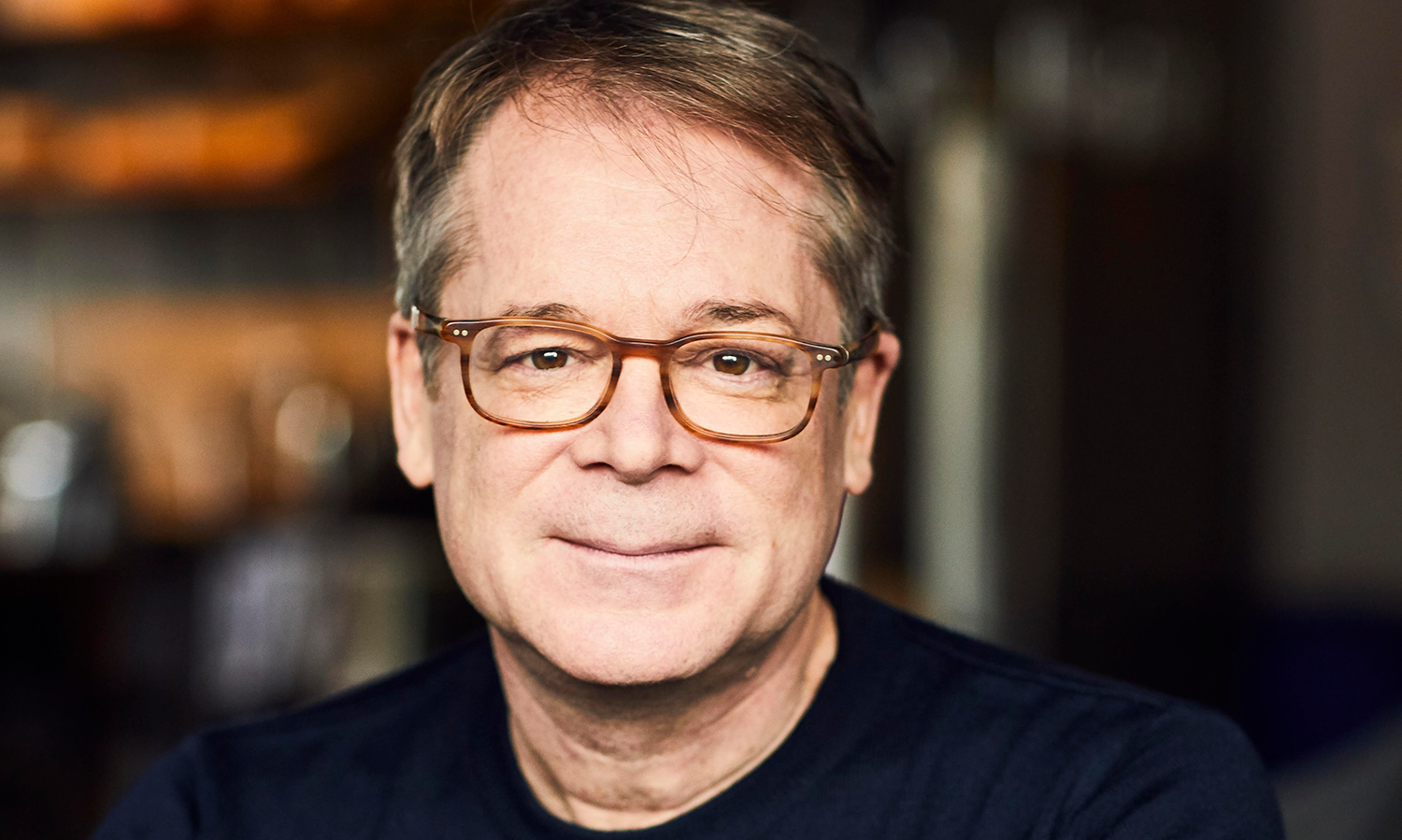
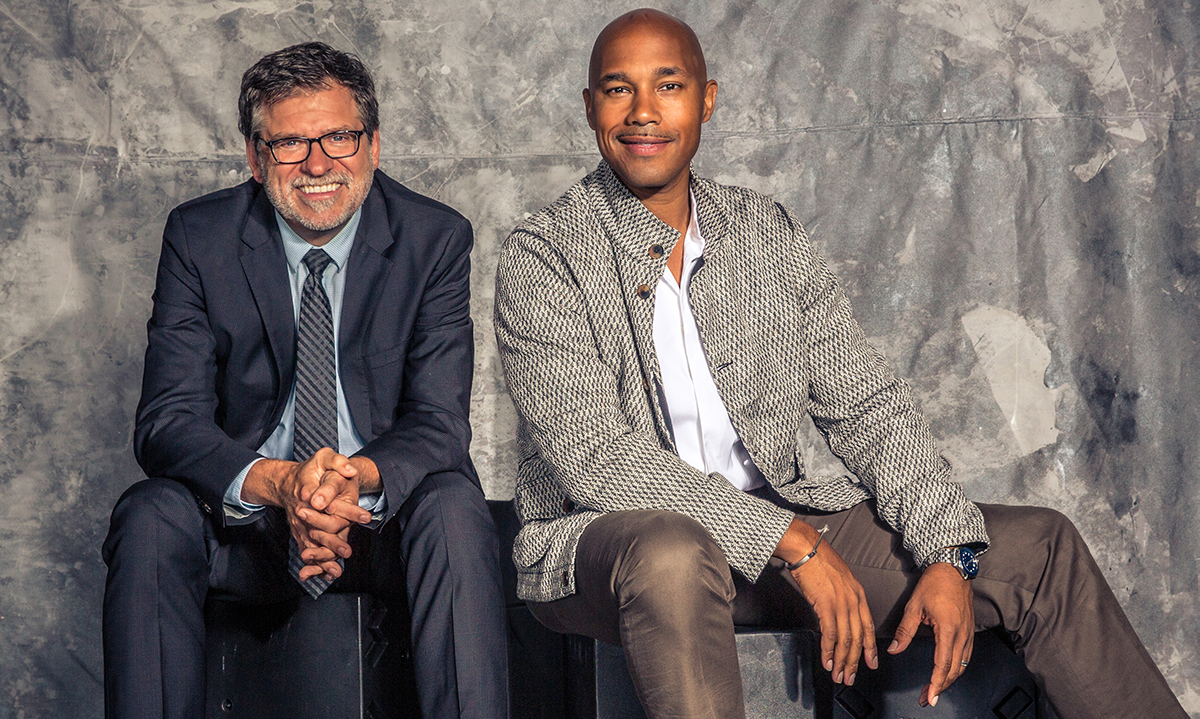
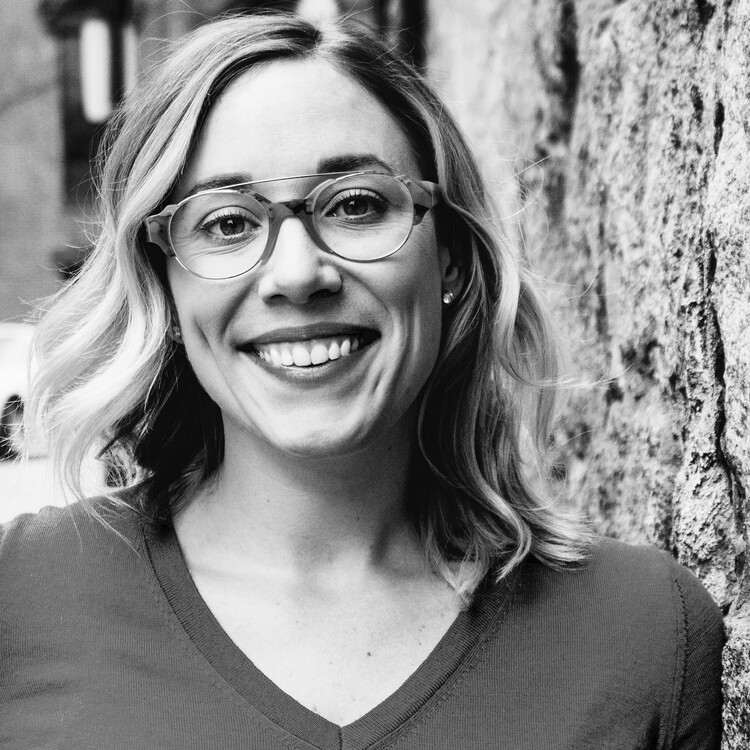
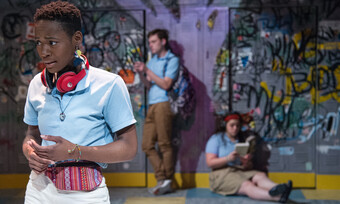


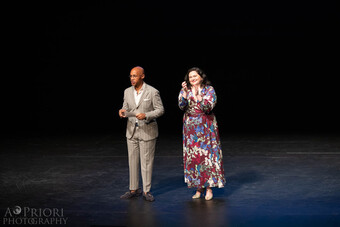


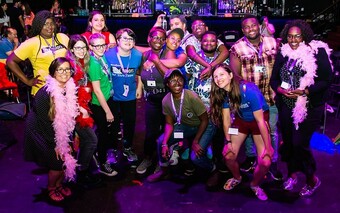


Comments
The article is just the start of the conversation—we want to know what you think about this subject, too! HowlRound is a space for knowledge-sharing, and we welcome spirited, thoughtful, and on-topic dialogue. Find our full comments policy here